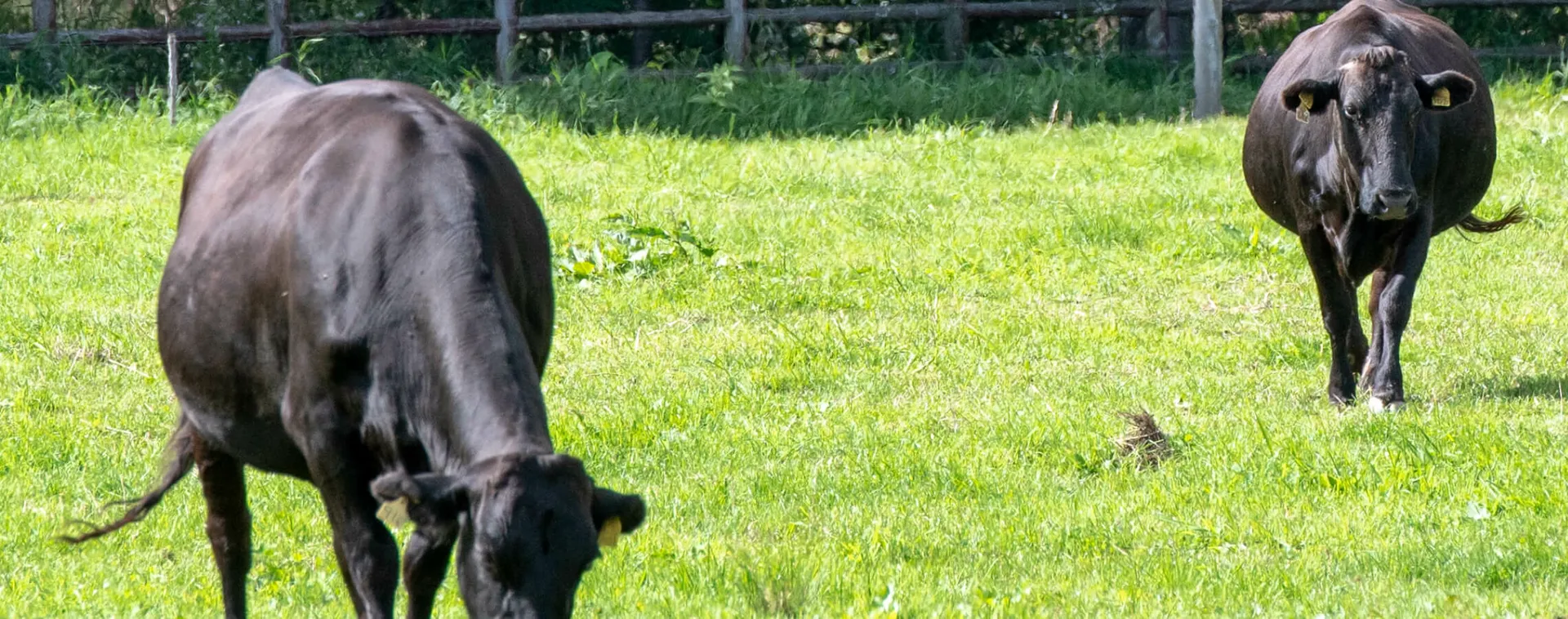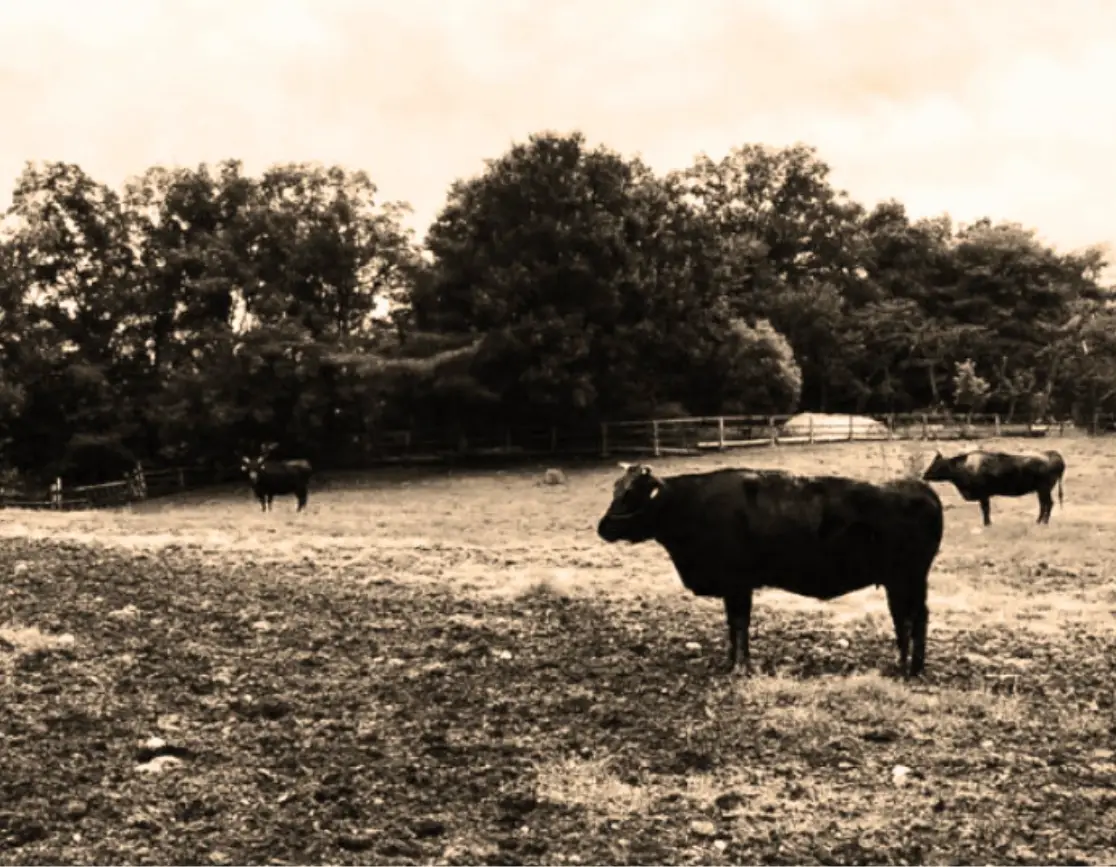There are farms that strive for local production for local consumption, making use of rich water sources and locally produced organic grains. Furthermore, some farms reduce their environmental impact by implementing rasing methods that reduce greenhouse gases. We believe that not only creating a healthy growing environment for Japanese Wagyu, but also ensuring that the farm itself is run in a healthy manner will contribute to the development of a sustainable livestock industry. We are pursuing sustainability in a world where the momentum for ethical consumption is increasing.
Marbling, a major feature of Japanese Wagyu beef, is the result of a combination of bloodlines developed for over 100 years that began as a national policy of Japan. Today, each region has its own pedigree. Some farmers record the pedigrees of their calves when born to come up with new pedigree matches between parents to optimize for flavor, never compromising on health.
Each Japanese Wagyu farm has its own specialized, proprietary feed recipe for their animals. For example, in rice producing areas, rice may be mixed with rice straw. By feeding rice straw abundantly to calves, the rich fiber and microorganisms contained in the rice straw enhance the environment in these animals’ gastrointestinal tracts. In the latter stages of life, the animals are fed with some combination of rice, soybeans, wheat, corn and other grains to produce beautiful marbling.
Japanese Wagyu beef is raised with obsessive attention to health. Farmers say: “If not healthy, they will not become good Wagyu,” working closely with top-notch veterinarians to care for and manage the animals’ health. At some farms, veterinarians visit daily; other farms even have full-time vets on staff. Fresh water resources like groundwater from the mountains are plentiful, which is key for the health of the animals. The use of any kind of hormones is prohibited in Japan.












